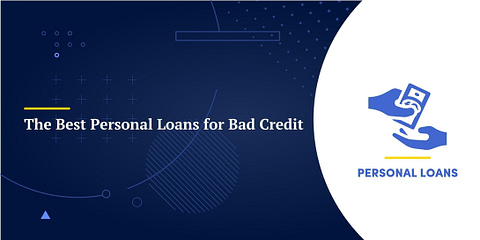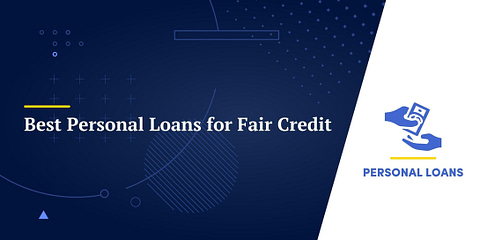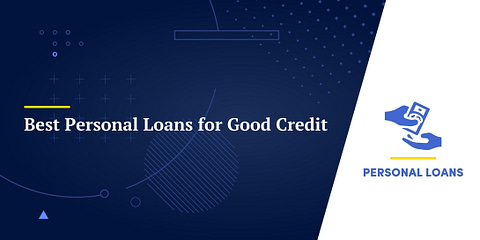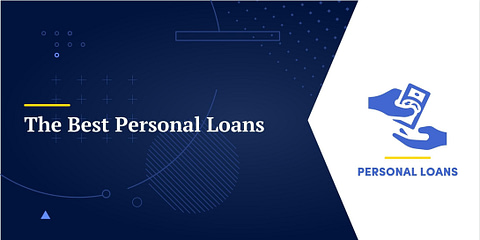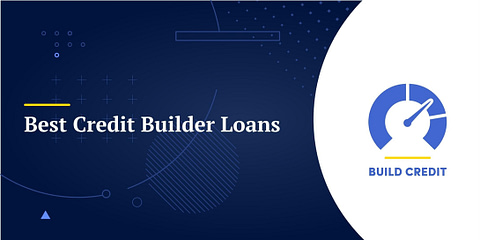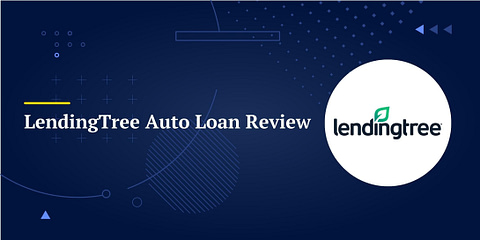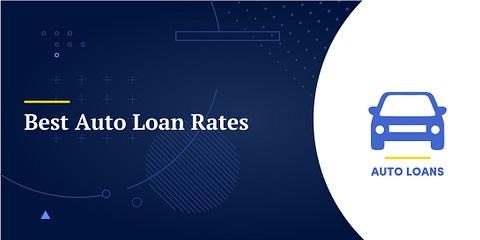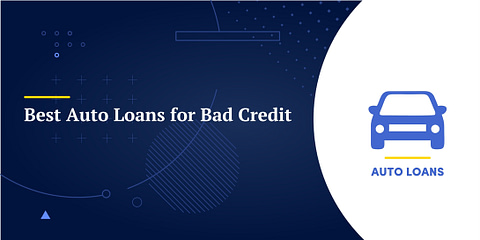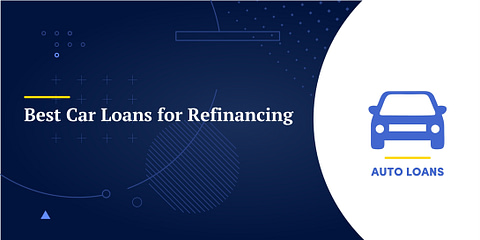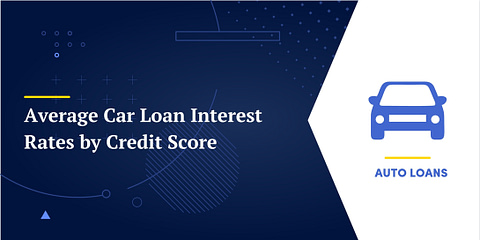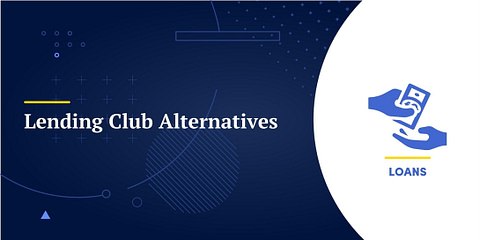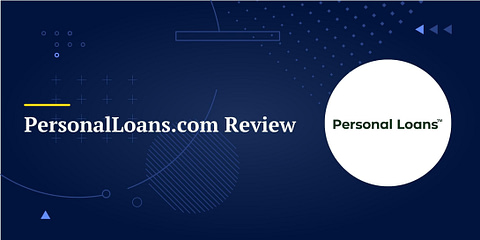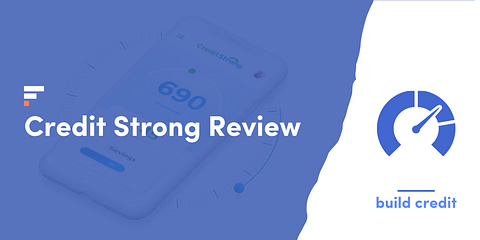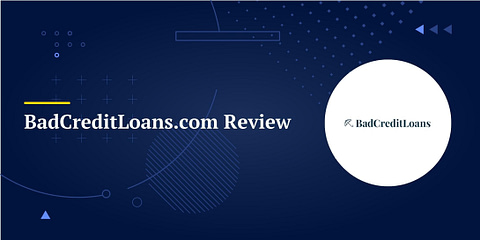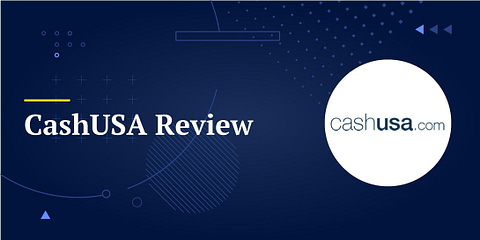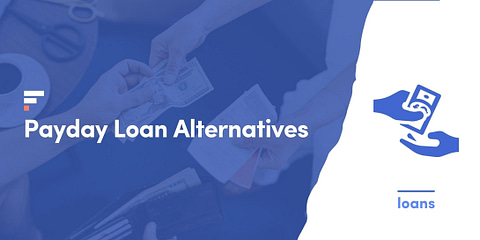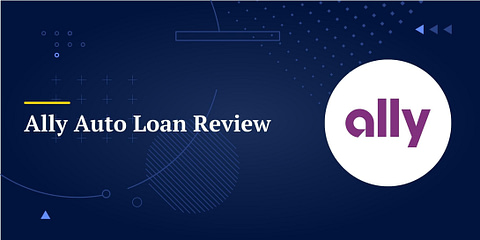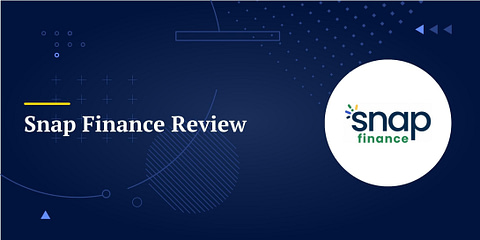Self-employment is a rising trend in the US: nearly 30% of American workers were self-employed during any given week in 2019, and the number rises daily. Whether you’re a gig worker, a freelancer, or an independent contractor, you’ve probably discovered advantages to being your own boss. You may have also encountered disadvantages. Not all systems are keeping up with the changes in the workforce! Getting a mortgage when self-employed can be a particular problem.
Most mortgage lenders use criteria designed for traditional employees with fixed salaries. Mortgage lenders may have a hard time evaluating the creditworthiness of workers who don’t fit this pattern.
The good news: there’s nothing impossible about getting a mortgage while self employed. You will need to understand the constraints, and prepare for them. A bit of persistence will help as well!
Where do I Start?
Before you can even begin the process, you must know your credit score and your debt-to-income ratio. You’ll need to know how to calculate your average income, and you should have an idea of how large a down payment you’ll be able to make. These are the core criteria that lenders will use to evaluate your application.
Your Credit Score
Credit scores range from 300 to 850. The higher your credit score, the better your chances of getting a mortgage while self employed. A higher credit score doesn’t just mean you’re more likely to be approved: if you have better credit you’ll get better terms, and even a small reduction in your interest rate can mean major savings.
Different lenders have different minimum scores for mortgage lending.
- FHA loans allow 3.5% down payments with a credit score of 580 or above. If your score is between 500 and 579, you can still qualify for an FHA loan, but you’ll have to put 10% down.
- There is no set minimum credit score to get a VA loan. In 2020, average scores were between 711 and 720. The mid 600s is the minimum allowable for most VA loan lenders.
- There is no set minimum for a USDA loan, but lenders will often streamline the credit process if your score is over 640.
- 620 is the minimum for conventional loans, but many lenders require higher scores for approval. The average score for approved conventional mortgages in the first six months of 2020 was 756.
Know Your Score
You can get one free credit report every year from each of the three major reporting agencies. Examine these reports carefully and make sure all the information on the reports is correct. If there are mistakes, take the necessary steps to correct them. If your score is low, there are things you can do to improve it.
- Pay all your bills on time. This affects your score more than any other factor.
- Reduce your credit card balances to 30% of your limit or less. This is the second most important factor affecting your score.
- Don’t close credit card accounts, especially older accounts. The age of your credit history may be adversely affected.
- Improve your credit mix. If you only have credit cards, consider another type of loan to show a more diverse repayment history.
- If you don’t have enough credit, consider a secured credit card or a credit-builder loan.
Understanding your credit score and how it’s generated is one of the most important steps you can take toward getting a mortgage while self employed. The more you know about your credit, the easier it will be to improve it.
Debt-to Income Ratio
Your debt-to-income ratio is the percentage of your monthly income that you use to pay debts. Monthly debt payments include things like credit card minimum payments, auto and student loans, rent or mortgage payments, child support, alimony, and personal loan payments. Monthly debt payments do not include utility bills, cable, insurance, food, entertainment, and phone bills.
Lenders generally look for debt-to-income ratios of less than 36% with no more than 28% going toward your mortgage. 43% is usually the highest debt-to-income ratio lenders are willing to accept. The FHA will allow a 50% debt-to-income ratio but only for those with a credit score of 580 or more and additional cash reserves and income.
There are two ways to lower your debt to income ratio: increase your income or decrease your debt. You can use one, the other, or both. Getting your debt-to-income ratio within a lender’s criteria will raise your chances of getting a mortgage on competitive terms.
Calculate your DTI using our online Debt-to-Income Ratio Calculator
Calculate Your Self-Employment Income
When lenders review your income, they look at more than just the last twelve months. They add up the two previous consecutive years income and divide it by 24 to get your average monthly income.
👉 For instance:
If you made $100,000 in the previous year and $105,000 the year before, that equals $205,000 for qualifying purposes.
Divide $205,000 by 24 and you get $8,542 monthly.
In addition to the numbers, lenders are looking for consistency.
👉 For instance:
What if you made $100,000 the year before last, but only $60,000 last year?
That’s still an average of $6,667 monthly, but you may be turned down for a loan because your income is on a declining trend.
Lenders have a great deal of discretion in approving loans. Slight discrepancies in income may be acceptable, especially if there are mitigating circumstances like time taken off to care for an ailing parent. In these instances, underwriters may require applicants to submit three years of tax returns instead of two.
Know Your Down Payment
Mortgages with low or no down payments have been gaining popularity, but there are real advantages to making a substantial payment up front. A down payment can cut your monthly payment and lower the total cost of your loan. It can keep you going underwater on your loan (owing more than your home is worth) if home prices fall. A large down payment can keep you from having to buy private mortgage insurance. It can also cut your interest rate and boost your chances of getting approved.
The ability to make a substantial down payment can be a major factor in convincing lenders that you are ready to buy a home. Many experts recommend 20% of a home’s value as an ideal down payment. Saving that much can take time and effort, but it can get you a significantly better deal.
What Loan Options Do I have if I’m Self-Employed?
The sources of loans are largely the same whether you’re getting a mortgage while self employed or with a regular job. You can apply for the same loan packages as traditional borrowers. These include conventional, FHA, VA, and USDA loans. Some requirements may be different.
What Documents Will I Need?
You should be prepared to present the following:
- Your credit reports from the three major reporting agencies.
- At least two years of federal tax returns, including business returns if you have your own business.
- Your latest profit and loss statement (must include net income, expenses, and revenue).
- Bank statements.
- Business license.
- Verification that you have been in business for at least two years.
- Your client list.
- Insurance policies.
- Professional organization memberships.
If you’ve been in business less than two years, you’ll have to show verification that your business has been operational for at least twelve consecutive months plus show two years of employment before starting your business. Your education, experience, and training will be important factors in determining the stability of your business.
If you don’t qualify for one of these loans because you don’t meet the income requirements, you still have some options, including low or no documentation loans.
Low or No Documentation Loans
Low and no documentation loans don’t require you to provide standard income documentation to prove you can repay the loan. Instead you may be allowed to use other evidence like bank statements and investment records. Individuals who benefit from no documentation loans include:
- Those with a high net worth and no job.
- Borrowers with irregular income.
- Those with declining income.
- Those who file multiple federal tax returns.
- Those with large business write-offs.
- Real estate investors.
The requirements for no documentation loans include:
- Excellent credit. Your credit score will have to be higher than what is necessary to qualify for a traditional loan.
- Substantial down payment. You will probably have to make a 20% down payment in order to qualify for a no documentation loan.
- Proof of ability to repay. You will need items like bank statements, substantial assets, or rental income from investment property to prove you have the necessary resources available to repay your loan.
- Higher than normal interest rate. Because no documentation loans carry a higher degree of risk than traditional loans, you should expect to pay a higher than average interest rate.
Today’s no-documentation loans are safer than the stated income loans that preceded them. Lenders have to follow federal guidelines for repayment verification.
⚠️ You still risk losing your home if you default on your loan, so you’ll need to use the same caution that you would apply to any mortgage.
Look at It From the Lender’s Perspective
Lenders who impose extra requirements on self-employed workers are not conspiring to keep you from buying a home. They just want to be sure you’ll pay them back. They are used to evaluating people with conventional jobs and unconventional situations make them nervous. It’s your job to calm those nerves by showing convincing evidence that you have the ability and the will to make your payments. These suggestions are a starting point, but any financial records that show a steady, reliable income and good financial management will help.
If you’re self-employed and you see a home in your future, you can help yourself by keeping good records, building your credit, and keeping your debt-to-income ratio below 36%. Planning ahead and building the kind of financial track record that lenders want to see are the keys to getting the mortgage you want at terms you can afford!

